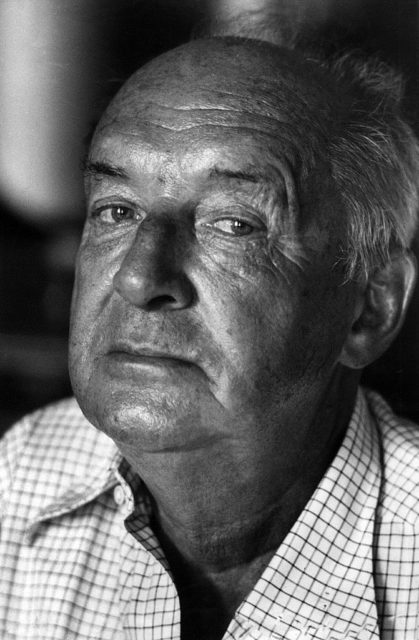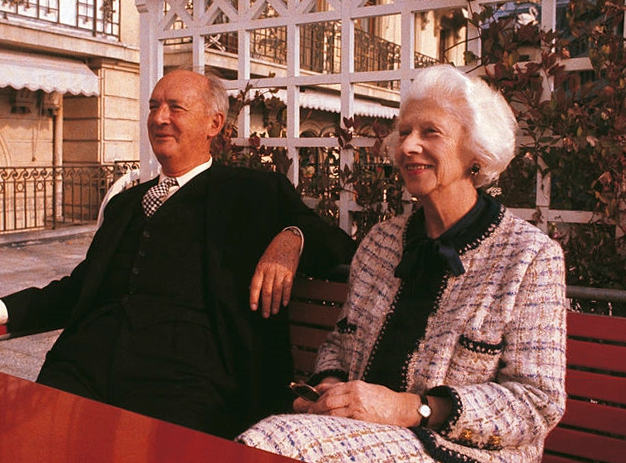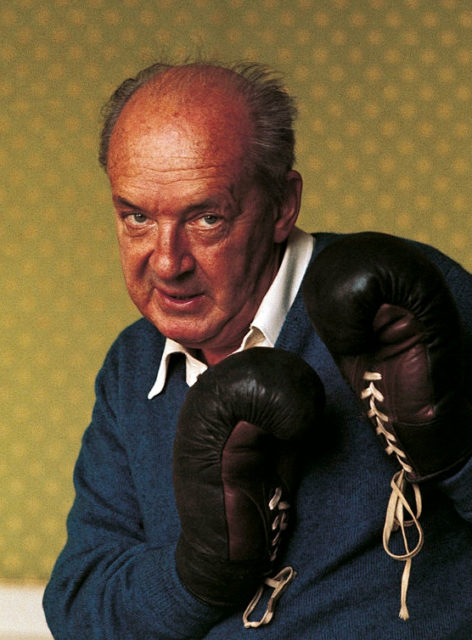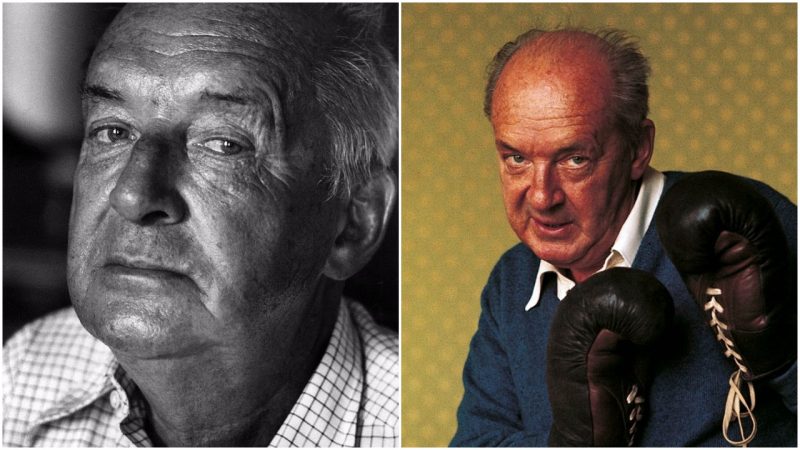Thomas Pynchon has been one of the greatest writers of American postmodernism since the emergence of his first novel V. in 1967. His dense narratives are packed with tons of both overt and covert pop-culture references, and his plots are famous for being insanely complicated.
Pynchon is also the most elusive figure on the literary scene today: a few photographs from his youth are the only available photographs of him, and his exact whereabouts and many details about his life are unclear.
Although it is evident that many of Pynchon’s literary mechanisms were inspired by the seminal works of Vladimir Nabokov, another literary giant of the twentieth century, not many people are aware that Pynchon was Nabokov’s student at the University of Cornell.

Pynchon first studied at Cornell in 1953, when he entered an undergraduate program in Engineering Physics. He left the program after two years to join the Navy, but he returned to Cornell in 1957, to study English. It is unclear which of Nabokov’s courses Pynchon attended, but it was most likely a course named “Masters of European Fiction.” At that time Nabokov was already negotiating the publication of Lolita, his masterpiece that brought him international fame and recognition two years later.
In an interview conducted after Pynchon’s first novel was published, Nabokov stated that Pynchon left no particular impression on him, and that he hardly even remembers him attending one of his courses. However, Nabokov’s wife Vera, who sometimes graded her husband’s class papers, said that Pynchon’s papers were memorable because of his unique style of handwriting. She stated that he used a weird mixture of printed and cursive letters; half printing, half script.

It is not unusual that Nabokov didn’t remember Pynchon; Nabokov was known as an erudite and an avid lecturer, but his relations with his students were never more than formal. Still, he was immensely popular and his lectures at the university were often attended by more than a hundred people, many of whom were not even students at Cornell.
In the year before Lolita was published, the unpublished manuscript circulated among the students and established Nabokov as an icon even before the book was available to the general public.

Great writers often pay homage to the giants that influenced their work. Some of Pynchon’s narrative mechanisms reflect Nabokov’s distinct sensibility, and he alluded to some of Nabokov’s ideas in several of his books.
In one paragraph of Inherent Vice, Pynchon’s book from 2009, he satirically refers to Humbert Humbert, the main character of Nabokov’s Lolita. Also, Pynchon’s characters often have unusual and allegoric names, quite like Nabokov’s.
